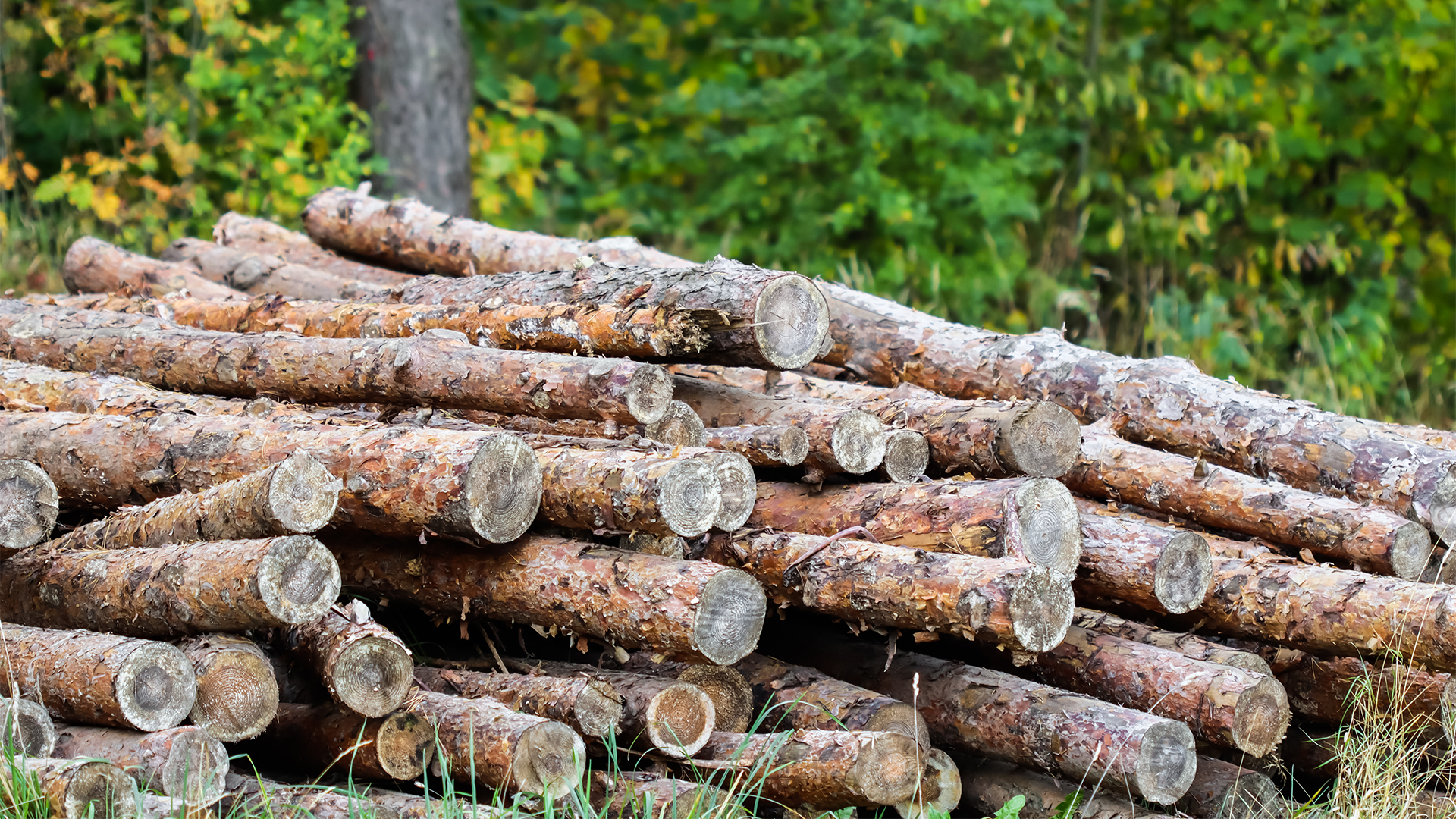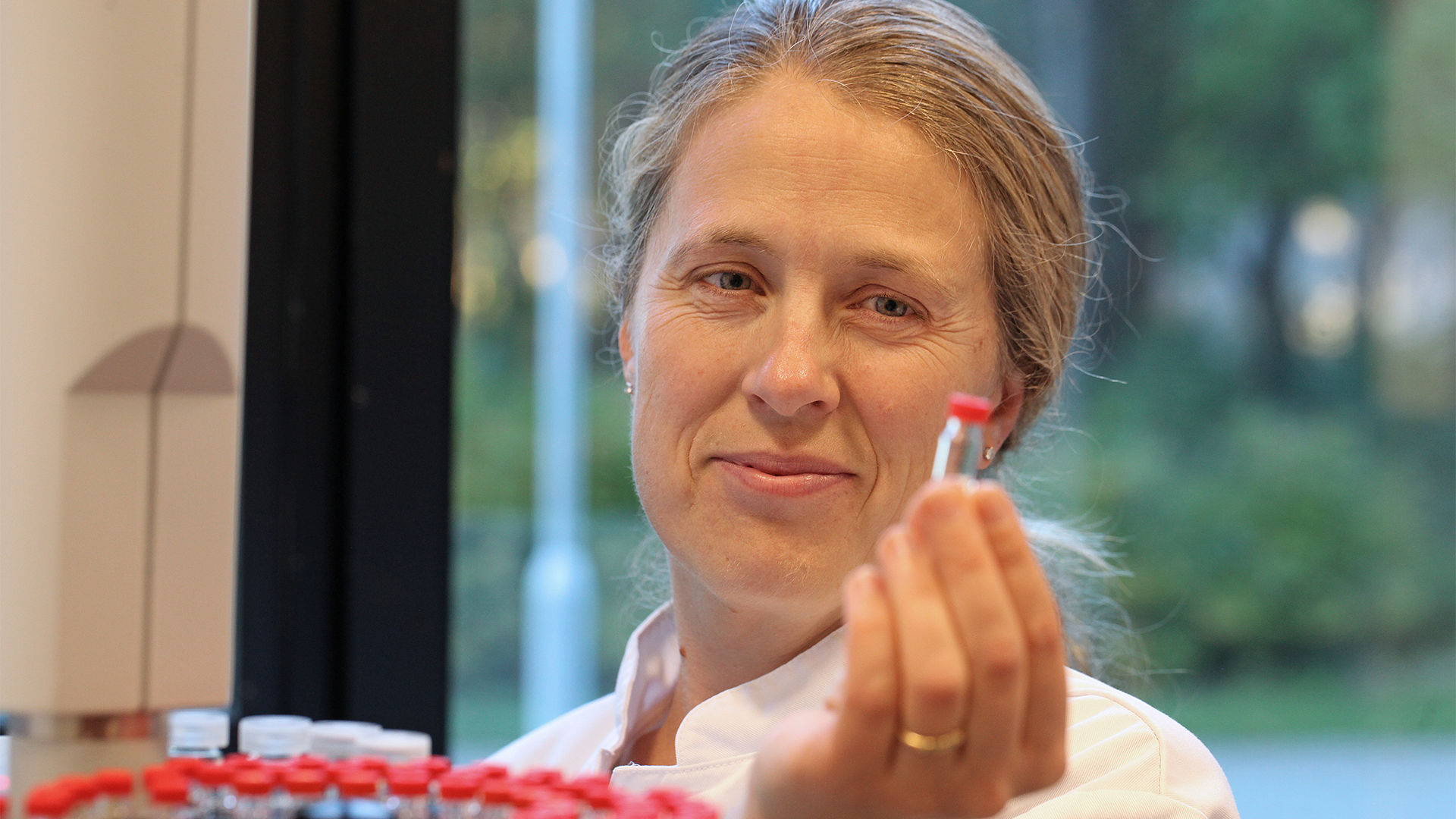Lignin Biotechnology
Working to create a lignin-based sustainable future
It has never been more evident than now; the world needs to stop using fossil reserves as the primary source of energy and materials. Lignin from lignocellulose (plant biomass) is a resource with enormous potential for sustainable, green production of specialized materials and substitution of carbon from fossil reserves.
Lignin, which constitutes 25-30% of the dry matter in wood, is an ideal, yet underutilized natural polymer with intrinsic desirable properties such as being the world’s only renewable poly-aromatic structure. However, high-end applications of lignin require that the native chemistry of the polymer is preserved. Lignin becomes unreactive and inert if condensation and degradation reactions are too extensive, which is often the case in common conventional processing such as in the pulp and paper industry. Consequently, 98% of the lignin that reaches processing today is burned off, because the quality is too low for other purposes.
Our research focuses on how to develop novel enzyme-based strategies that focus on how lignin can be gently and precisely extracted from lignocellulose. Enzyme-assisted extraction of lignin has the potential to preserve the unique chemical and physical properties of lignin, which may then serve as a suitable raw material in innovative and highly advanced future applications.
To develop novel enzyme-based strategies that focus on how lignin can be gently and precisely extracted from lignocellulose
We work with a number of carbohydrate and lignin-active enzymes, where we investigate and characterize new enzymes and proteins that catalyze the conversion and modification of the polysaccharides and lignin in plant biomass.
Specializing in advanced enzyme reaction discovery, product and substrate characterization via state-of-the-art analytical instrumentation based on chromatography and mass spectrometry we explore new and unconventional analytical approaches to address the challenge of understanding and characterizing enzyme catalysis on solid biomass via strong international collaborations.






